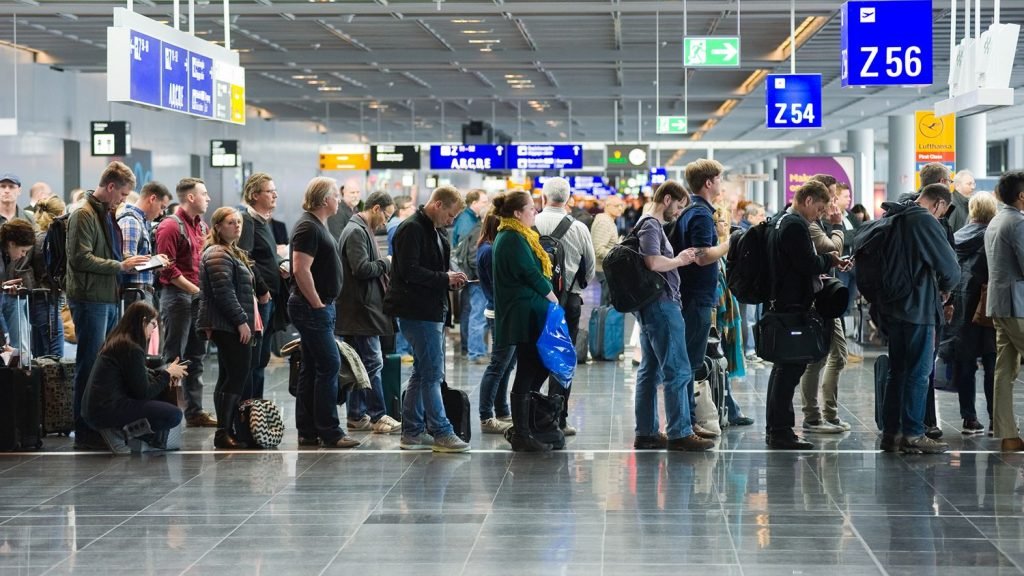In the US, St. Patrick’s Day, the first major holiday of the coronavirus pandemic, held some sobering lessons for all.
It may be pertinent to note that among the people who were infected around the time, there were healthy, young people who had suffered complications over the long term last year. Further, people who showed no symptoms had spread infections.
Experts Warn Against Celebrations/Travel/Parties Turning Into Super Spreader Events.
However, this time around, Americans faced a new challenge, namely the spread of highly contagious variants.

Experts maintain that while St. Patrick’s Day parties might happen, infections could be avoided. They say people needed to know a few things before one thought about partying with strangers:
- The B.1.1.7 strain was highly contagious.
- Several new variants circulating in the US had scientists worried.
- According to Dr. Peter Hotez, dean of the National School of Tropical Medicine at Baylor College of Medicine, the B.1.1.7 strain was most contagious. It was detected first in the UK but had spread to at least 48 US states, Washington, DC, and Puerto Rico. Research showed that the variant was more transmissible to 59% to 74% more than the original novel coronavirus. Furthermore, according to new research, the B.1.1.7 strain was not just more contagious; it could be deadlier too.
- Some states had done away with mask mandates which risked increase spread. Governors of the states, including Texas and Mississippi, had failed to heed health experts’ warnings against letting go of their mask mandates.
- According to Hotez, a Houston resident, the ditching of the mask mandate in his state would set off a ripple effect across the country. He added it would accelerate Covid-19 nationally.
- If one had the foresight to get tested or asked one’s guests to get tested, one might end up with a false sense of security. Further, testing could give false-negative results, especially if one got tested too late or too soon and did not undergo strict quarantine before and after the test. One could also be symptom-free and contagious and with a negative test result to boot.
- Young people were definitely not immune to the virus. According to experts, while young people might be more likely to remain asymptomatic when infected, it also meant they could spread the virus easily to friends and family without being aware of it.
- But even young people who had been healthy earlier had suffered Covid-19 complications of a long-lasting nature. One survey revealed that 35% of Covid-19 survivors still suffered symptoms two to three weeks after their tests, a CDC study stated. The persistence of symptoms weeks later was reported by 26% of people in 18-34 years.
- Some young people reported complications months following infection, including shortness of breath, brain fog, chronic fatigue, long-term fever, memory loss, coughing, and loss of taste or smell.
- People typically failed to maintain physical distance or use masks while at parties where alcohol was available. It was not as if alcohol made people take their masks off (if they were wearing one in the first place); rather, alcohol could make people get closer to each other than usual, according to Hotez.
Hotez added that it was, therefore, not the time for a super spreader event for the UK variant.
Not being able to celebrate St. Patrick’s Day like one wanted to could seem like one more letdown following a year of sacrifices, but there would be plenty more chances to party after everyone had been vaccinated.
Hotez added that the best thing to do right away was to avoid big travel unless one had been vaccinated or unless one had been recently infected. He added one could try to keep a lid on everything one could until the US could vaccinate fully.
